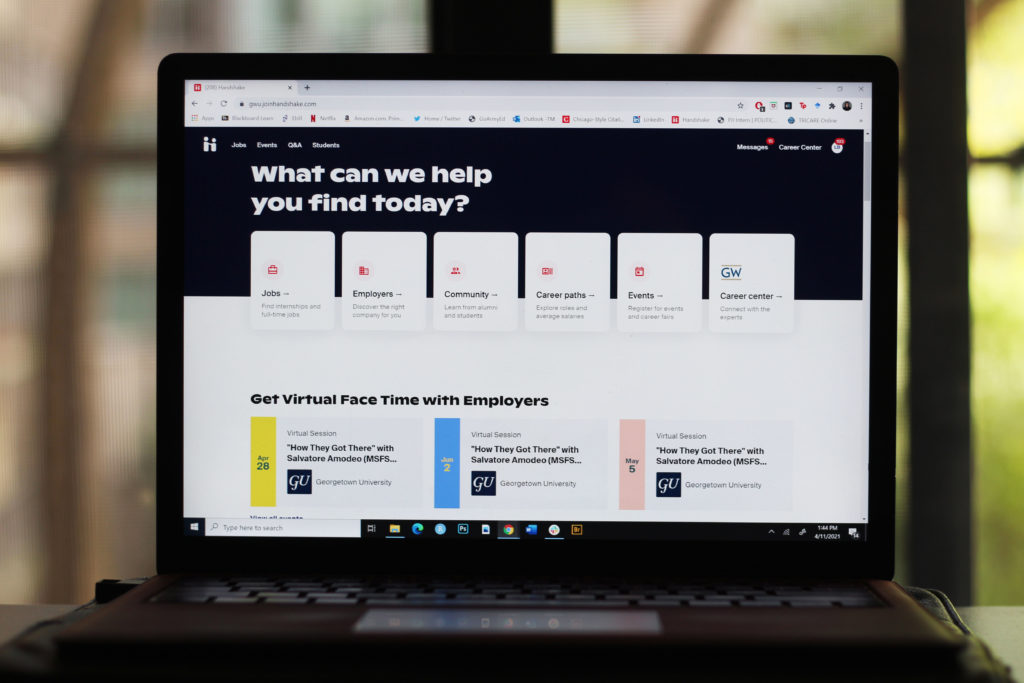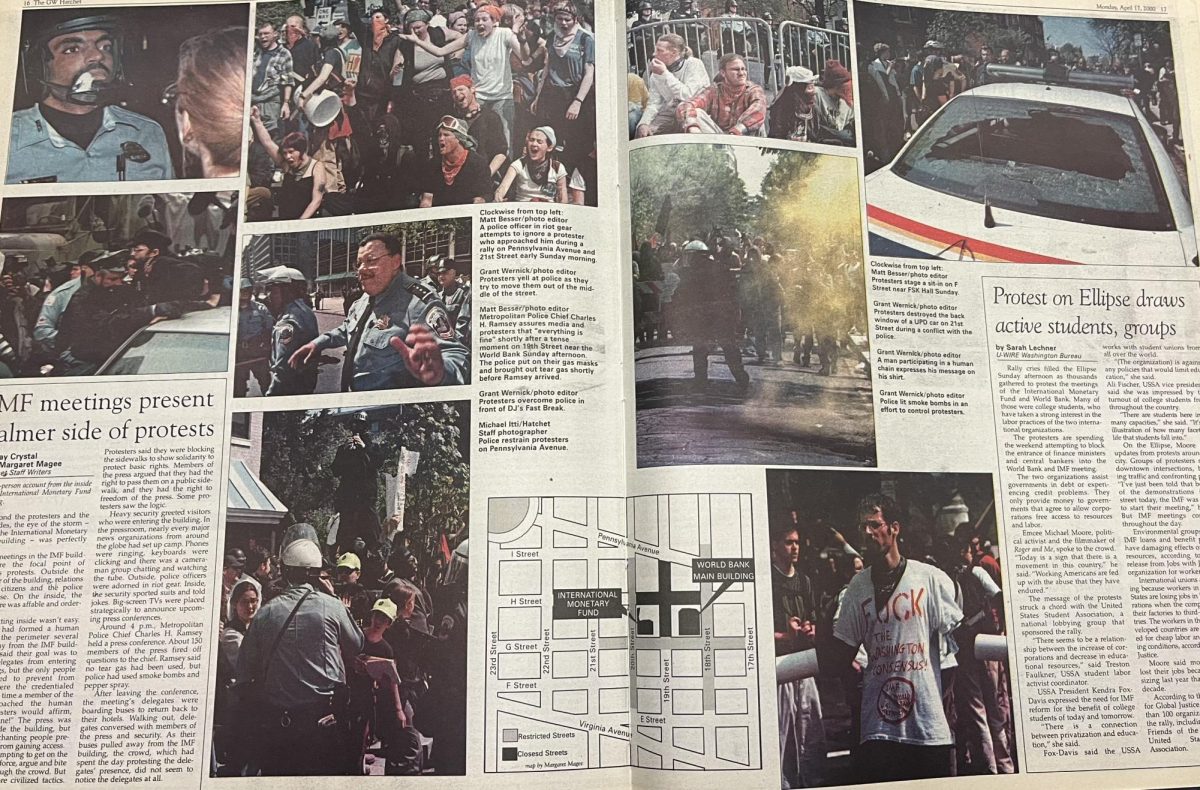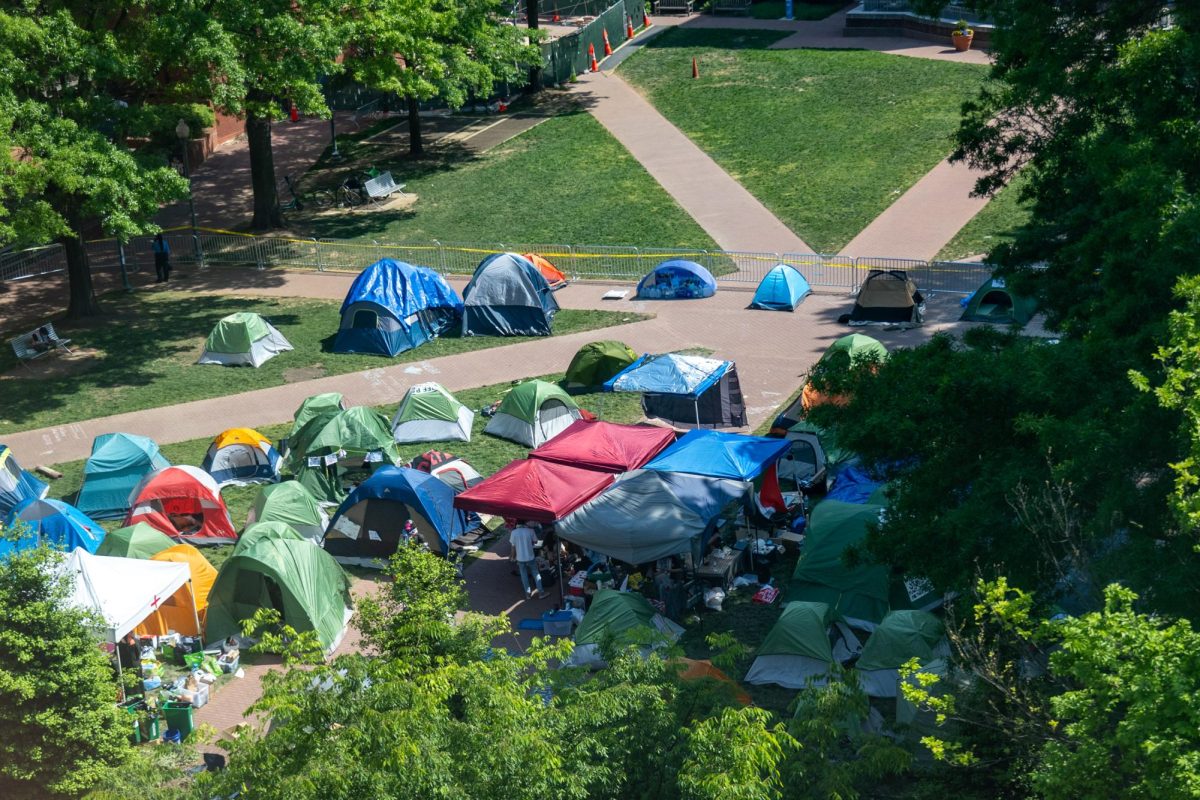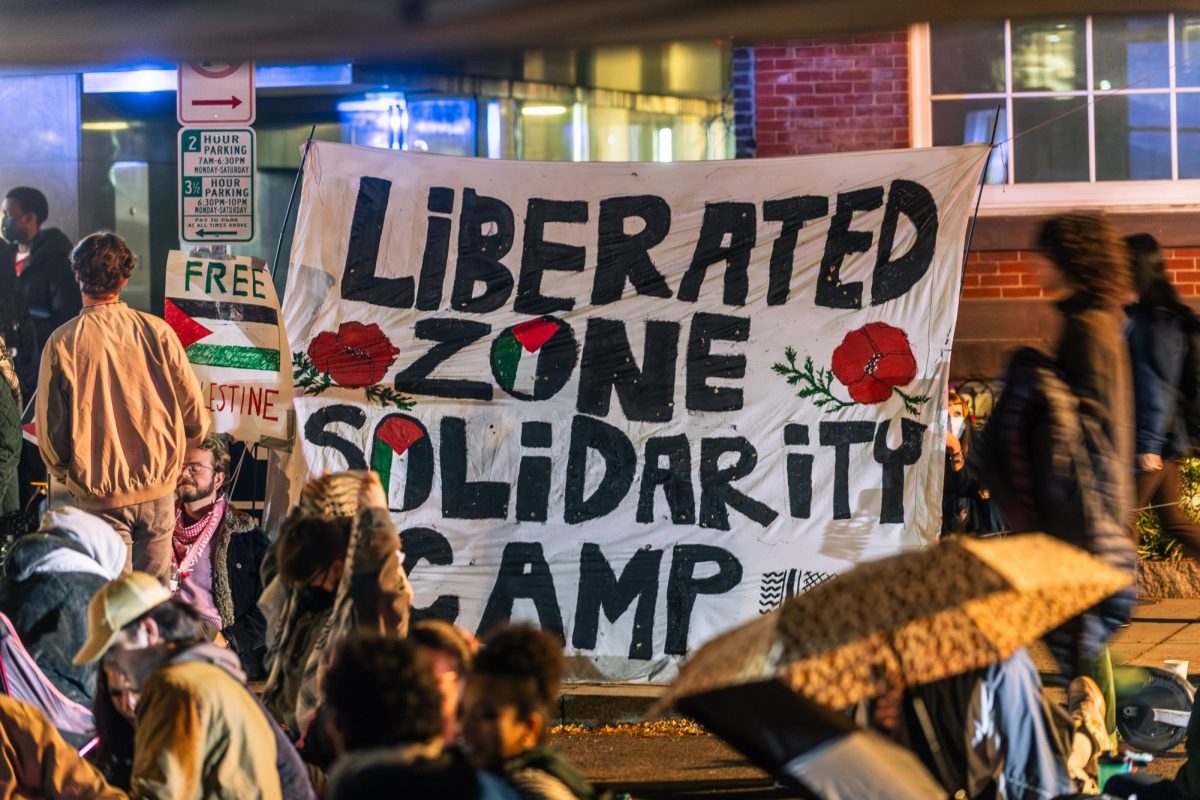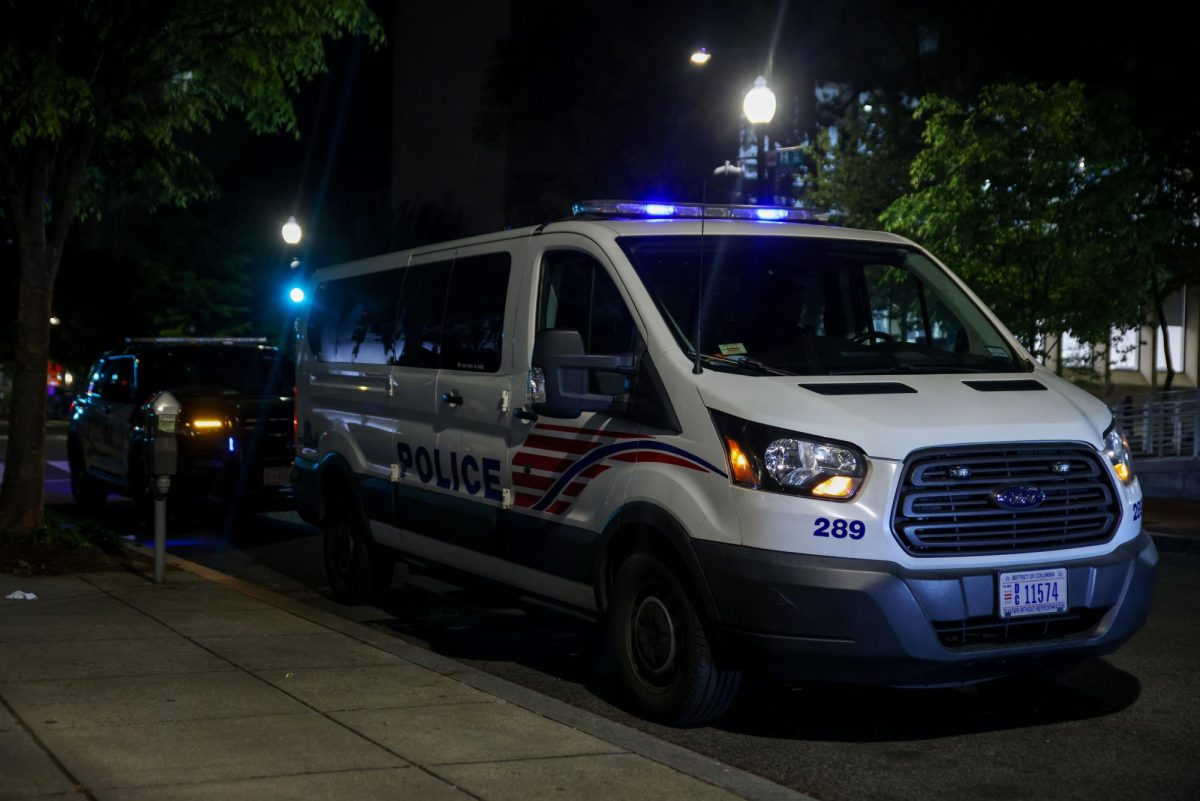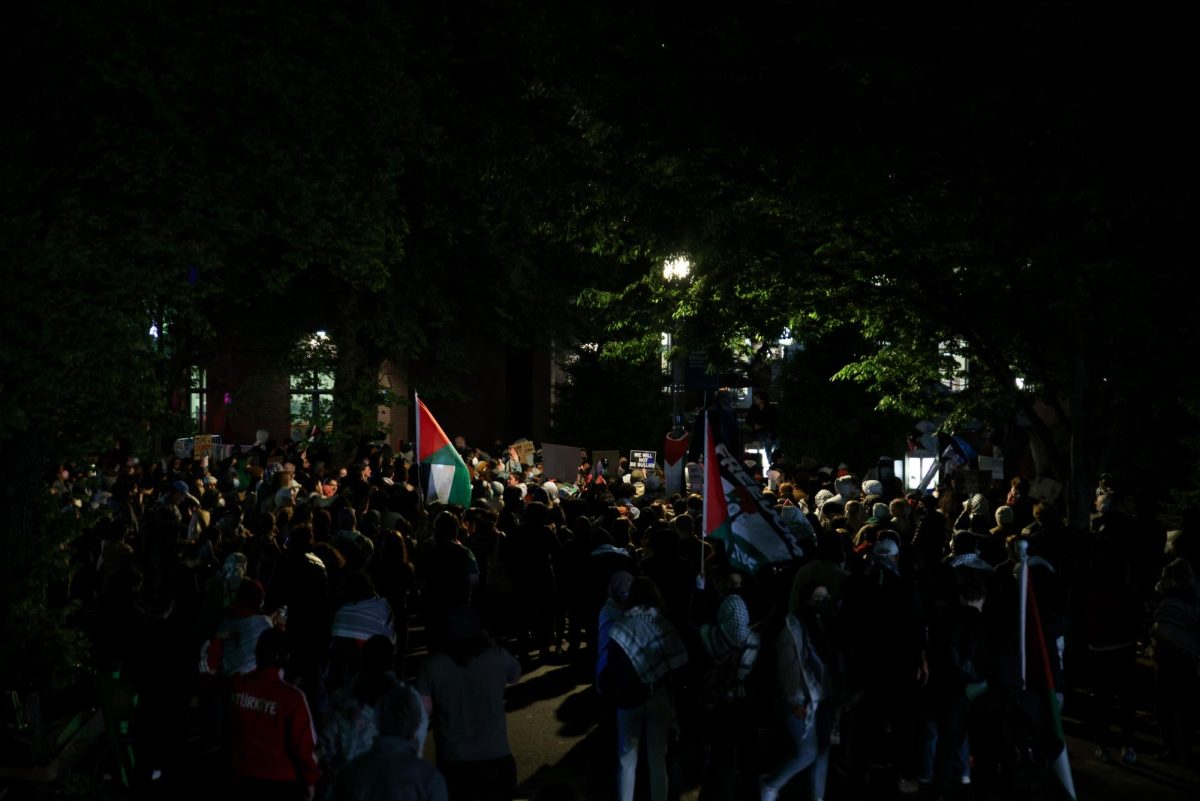Junior Justine Gendy, a criminal justice and psychology major, said she found the “perfect” internship last summer working in a clinical psychologist practice.
But shortly after she secured the job, the COVID-19 pandemic led the practice to switch to remote work, and Gendy was told she could not shadow the doctors virtually. Gendy said she was left without an internship before she had a chance to start.
In preparation for this summer, Gendy said she’s applied to more than 10 internships over the past four months but has heard back from none. Now a rising senior, she said she’s felt stressed entering her last summer of college with a limited resume.
“It’s exhausting applying to many at the same time,” Gendy said. “Internship to internship and writing a different cover letter for every internship and then just not hearing back. Me and my roommate were saying ‘At least tell us we didn’t get it.’ We’re just not getting anything back.”
Gendy is one of more than half a dozen students who said they are concerned about finding an internship for the summer because of limited opportunities available for remote work. Students said they’ve felt increased pressure as they approach a second year of the pandemic without gaining any experience to build their resumes but feel too burnt out from classes to continue applying with one month left of school.
Last spring, 40 percent of college students’ internships were canceled without any alternative offer, according to a study published by the Journal of Public Economics.
Gendy said applying to internships this year has been “exhausting” because students from across the country are also applying for the same limited remote positions available.
“I feel that there’s just not as many opportunities, or it’s very competitive, and it is very tiring to keep looking and wondering if I’m even going to get anything,” Gendy said. “We’re already in April, so it’s just really exhausting.”
NPR received more than 20,000 applications for its 27 internship openings last fall, a “significant” increase from a total of nearly 2,600 applications for 55 openings in 2019.
Sophomore Lily Vassalo, an international affairs major, said she feels stressed having yet to secure any of the 15 internships she’s applied for with one month left in the semester. She said some of the political offices that she applied to have canceled their internship programs or decreased the number of students they accept because of budget cuts.
Vassalo, a professional horseback rider, said she secured a position professionally riding horses in the Netherlands last summer, but her job was canceled the day her flight was scheduled because of pandemic-related travel restrictions.
Now approaching her second summer without a job or internship, Vassalo said she’s struggled to stand out in an increasingly competitive applicant field. She said with fewer available internships, she feels that competitiveness between students has surged because “everyone’s applying for anything that they can get.”
Vassalo, who currently lives off campus in D.C., said many of the available Capitol Hill internships are unpaid and require interns to work in person a few days a week. But she said those positions are not feasible for her because she would have to pay a high housing rate to stay in the District over the summer.
“The Hillternships that I have heard back from that I could have require you to stay here for the summer,” Vassalo said. “And I don’t have family here, so it doesn’t make sense to pay to stay here for the summer since internships are unpaid now.”
Student Association Sen. Gabriel Young – CCAS-U and a sophomore from San Jose, California, double majoring in international affairs and political science – said he’s received three rejections from internships so far and feels “anxious” submitting applications for the few available positions in his area of interest. He said politically minded students outside of the District have even fewer opportunities in towns less politically active than D.C. due to the cancellations.
Young said GW’s “internship culture” has harmed his mental health this past year because he feels a need to compete with his peers pining for the same limited opportunities. He said he has to move around his schedule to attend events like the Center for Career Services’ internship fair because he’s struggling to adjust to a different time zone.
He said he has been unable to present his “best self” to recruiters at career fairs because he feels tired and mentally “tolled” between his classes, personal time commitments and the three-hour time difference.
“Compared to the students who are living on the East Coast, it definitely feels that they have a leg up compared to me,” Young said. “Where I’m tired, I’m working through my own personal stuff here at home. And I can’t give the internship fair the time and attention it needs compared to those students who are privileged enough to be in the D.C. time zone that supports them.”
Sophomore Katelyn Monostori, a philosophy major, said she has only heard back from three of the more than 15 internships she has applied to since last November, receiving rejections from each. She said she signed her lease in D.C. with the intention of securing a paid internship over the summer, but she’s now applying to retail jobs with only a month left until her parents cut her off financially.
She said the lack of responses she’s received and burnout she’s felt from being in classes all day have made it difficult to continue applying to internships. She said budget cuts reduced the number of available positions at the offices she applied for, increasing applicant competition.
“This was the first year I tried to look for an internship, but I moved to the city to have these opportunities,” Monostori said. “So it’s pretty stressful. I don’t know how I’m going to pay my rent in the summer. I could get a normal job, but I could do that at home and not have to pay D.C. rent.”
Clara Duhon contributed reporting.


